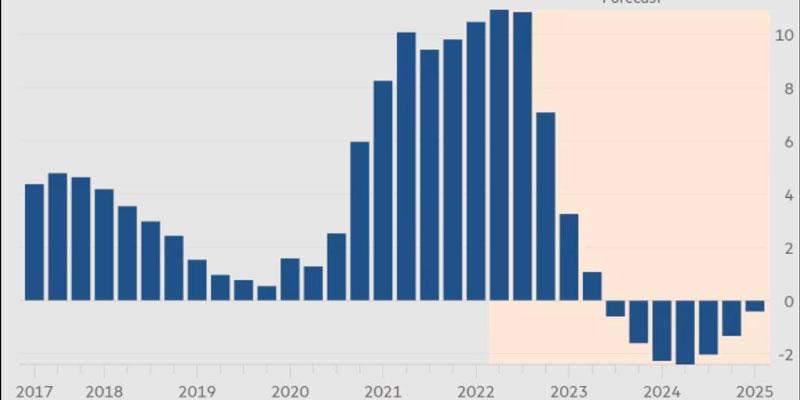The current federal regulations on the structure and issuance of financial products focus on whether cryptocurrencies are securities or commodities. The United States does not yet have an established system to regulate the structure and issuance of non-national currencies. Although the United States supervises transactions in the foreign exchange market, it does not supervise the structure or issuance of other currencies, because it has always been believed that the currency will be supervised by the sovereign state behind it. Generally, after currency is issued, the relative value of the currency in the foreign exchange market is usually driven by the market’s assessment of the sovereign country’s policy decisions and the potential value of the economy in the region where the sovereign country is located.
The Financial Crimes Enforcement Network (FinCEN) of the U.S. Department of the Treasury has already applied anti-money laundering laws to cryptocurrencies. According to FinCEN's guidance, "the definition of currency transmitter does not distinguish between real currency and virtual currency. According to the regulations implementing the "Bank Secrecy Act", accepting and transmitting any value of alternative currency makes people a currency communicator." However, FinCEN's action supervision is based on the scope of certain transactions conducted in cryptocurrencies, rather than the structural integrity and issuance of cryptocurrencies. The IRS notice also did not require supervision of the structure or issuance of cryptocurrencies, but only cited the decision of FinCEN.
However, the structure and issuance of cryptocurrencies are exactly what should be regulated, and most commentators have focused on the government's power to control securities or commodities. In fact, the more strictly regulated cryptocurrencies are regulated, the more likely they are to replace traditional sovereign currencies rather than securities defined by law.







